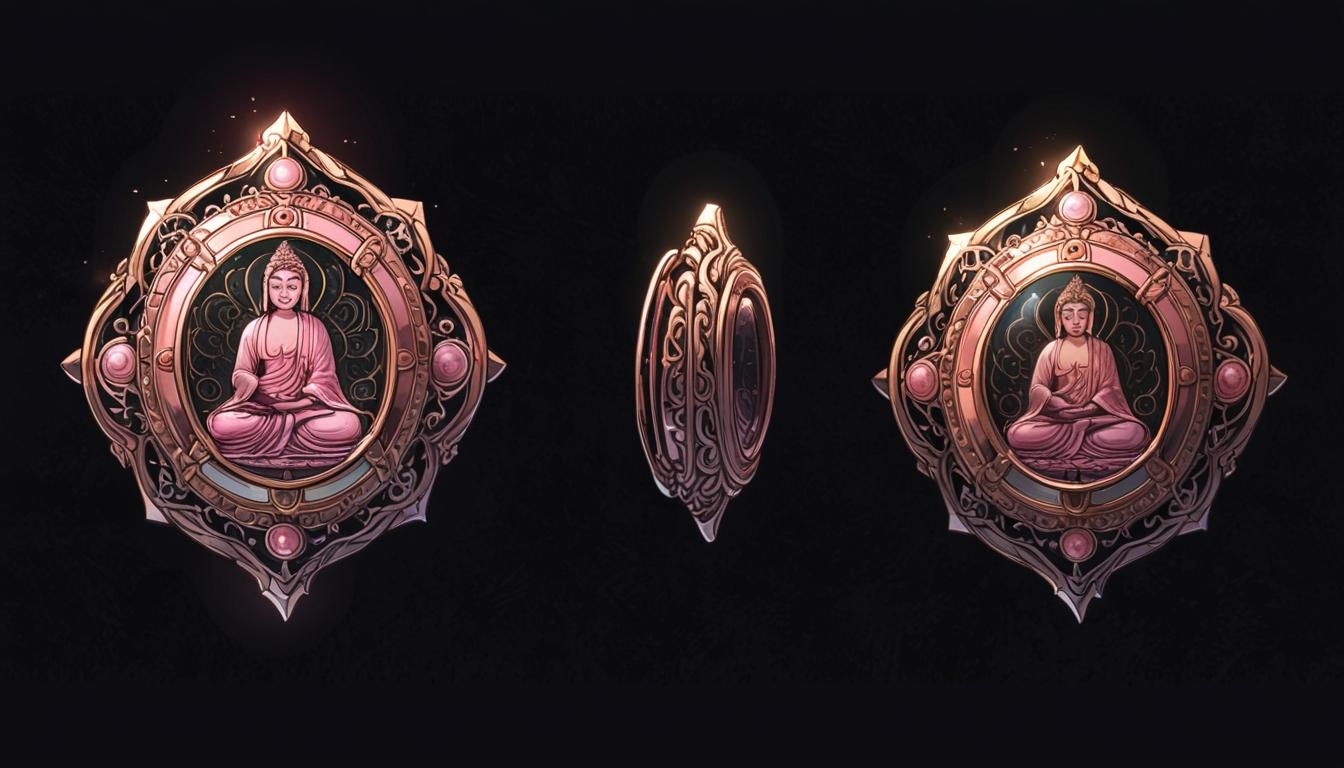Sotheby’s Postpones Controversial Auction of Buddha Relics Amid Legal Threat from India
In a significant development that highlights the ongoing tensions between cultural heritage and commercial interests, Sotheby’s has postponed its scheduled auction in Hong Kong of a collection of sacred jewels linked to the historic remains of the Buddha. This decision came in response to a legal notice issued by the Indian government, which contended that the sale would violate both national and international laws, and that the relics are an integral part of India’s cultural and religious heritage.
The collection, comprising items discovered in 1898 by British archaeologist William Claxton Peppé, includes not only exquisite jewels and relics but also bone fragments attributed to the Buddha. These artifacts, believed to date back to around 240-200 BCE, were unearthed in northern India, specifically at Piprahwa in Uttar Pradesh. Sotheby’s has characterised this find as one of the most extraordinary archaeological discoveries of the modern era, yet their intention to auction the items has sparked significant backlash from Buddhist scholars and leaders, who argue that such commodification disrespects the sentiments of millions of adherents worldwide.
India's Ministry of Culture has taken a firm stance, highlighting the items' sacred nature and demanding their repatriation, alongside a public apology from both Sotheby’s and Peppé’s descendants. The ministry accused the auction house of disregarding international conventions, asserting that the relics should be treated with the reverence they command. Legal repercussions, along with public advocacy efforts, were warned if these demands were not met. Responding to the intensity of the situation, Sotheby’s announced the postponement of the auction and has since engaged in discussions with the consignors, their promotional materials now removed from the auction house’s website.
Furthermore, this incident raises broader ethical questions surrounding the market for sacred art and cultural artifacts. Critics argue that the auction undermines core Buddhist values and contributes to the ongoing narrative of colonial exploitation and the commodification of sacred heritage. Observers have noted that this is not an isolated instance; similar disputes have emerged involving other cultural relics in auction houses globally.
Chris Peppé, a descendant of the archaeologist, has defended the auction, claiming that it represents a transparent and fair opportunity for public access to these historical items—a stance that has ignited further debate. While some relics were responsibly donated to museums in India and other Buddhist countries, the jewels have remained with Peppé's family since their discovery. This situation underscores the complexities involved in the ownership and ethical considerations surrounding historical artifacts.
Furthermore, this controversy aligns with a growing trend seen in recent years where indigenous communities and countries are actively seeking the return of ancestral artifacts from institutions and individuals abroad. The case echoes similar outcries, such as those advocating for the return of other cultural items, signifying a larger movement towards recognising and rectifying historical injustices related to colonial appropriation.
As discussions continue, the outcome of this case could set a significant precedent regarding the handling of cultural artifacts and the responsibilities held by auction houses in their sale practices. The postponement offers a temporary reprieve, allowing for meaningful dialogue that could shape future interactions over the shared stewardship of cultural heritage.
##Reference Map:
- Paragraph 1 – [1], [2], [3]
- Paragraph 2 – [1], [4]
- Paragraph 3 – [2], [5]
- Paragraph 4 – [2], [6]
- Paragraph 5 – [3], [4]
Source: Noah Wire Services
